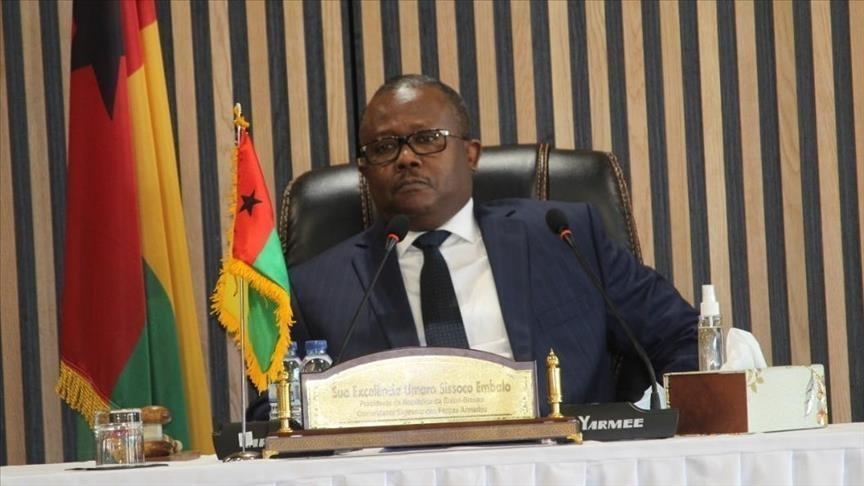
President Umaro Sissoco Embaló has dismissed the government headed by Prime Minister Rui Duarte de Barros, according to a presidential decree issued on August 7, 2025.
The announcement, made public in Bissau on Thursday afternoon, comes amid mounting political uncertainty in the country. The decree did not specify reasons for the dismissal, nor did it immediately name a successor to lead the next government.
The abrupt dissolution of Barros’s cabinet signals a significant shift in the political landscape of Guinea-Bissau, a nation often marked by institutional instability and recurring power struggles.
Rui Duarte de Barros, who previously served in transitional roles, was appointed to lead the government in hopes of steering the country through a challenging political climate and economic recovery efforts.
Since taking office, President Embaló has emphasized the need for reform, national unity, and stronger governance.
However, tensions between the executive and other arms of government have remained a persistent feature of his administration.
Observers say the move could either pave the way for a broad-based realignment of political forces or exacerbate divisions within the fragile state apparatus.
With the country’s history of frequent government reshuffles and coups, the international community is closely watching developments.
At the time of the announcement, there was no immediate response from Rui Duarte de Barros or his party. Public reaction across Bissau remained measured, as citizens awaited further details and clarity on the direction of the new government.
The presidential decree formally ends the tenure of Barros and his cabinet, though the timeline for forming a new administration remains unclear. As the political vacuum deepens, attention now turns to President Embaló’s next move and the figures who may emerge to shape the country’s future.



